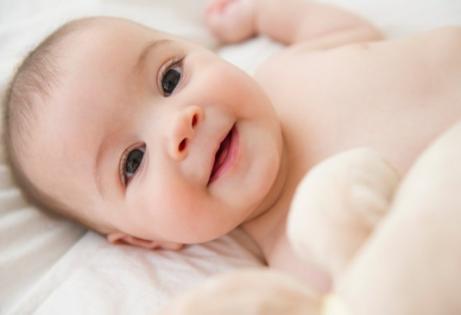Adults who have been conceived through IVF and other assisted reproductive technologies (ART) have mostly grown up as healthy individuals, comparing well to those conceived naturally, the world's largest study into ART young adults has found.
The study showed young adults (aged 18-29 years) who were conceived using ART had similar quality of life to non-ART children along with a normal body mass index and history of pubertal development. Educational outcomes, including tertiary admission ranked scores and completion of tertiary education, were also similar between the two groups.
Researchers from five institutions interviewed 656 mothers who used ART and their 547 young adult offspring aged between 18 and 29 years, and compared this to reports from 868 mothers and their 549 young adult offspring who were conceived without ART.
Both the mothers and the participants themselves completed a report on their health and wellbeing in the first 18 years of life. Mothers reported a higher rate of hospitalisation, as well as a higher rate of asthma and hay fever in ART children; there was no evidence for increased rates of attention deficit, hyperactivity disorder amongst ART children.
Researchers said the finding of increased hospitalisations, including in the secondary school years, has not been examined in other studies to date and the reasons for hospitalisation varied, with no consistent set of conditions. The association between ART and asthma has been found in other studies, but this is currently unexplained and warrants further investigation.
Lead researcher, Professor Jane Halliday of Murdoch Children's Research Institute said the study provided evidence and reassurance to health professionals and families that there were no apparent substantial negative long term health and wellbeing effects on the young adults when ART technologies were utilised to conceive.
"This study fills an important gap in knowledge about the long term health outcomes of children conceived via the use of ART. Our results indicate that the perceived physical, mental health, social and environmental quality of life reported by the 547 ART-conceived young adults is very similar to that of their non-ART conceived peers."
"Overall most ART offspring have grown into healthy young adults with a quality of life and educational achievement comparable to those of non-ART conceived peers."
Researchers plan to invite the group for further follow up so that they can assess their fertility and continue to evaluate their health status to determine if there are any important lifelong medical or other legacies of ART.


















__small.png)










